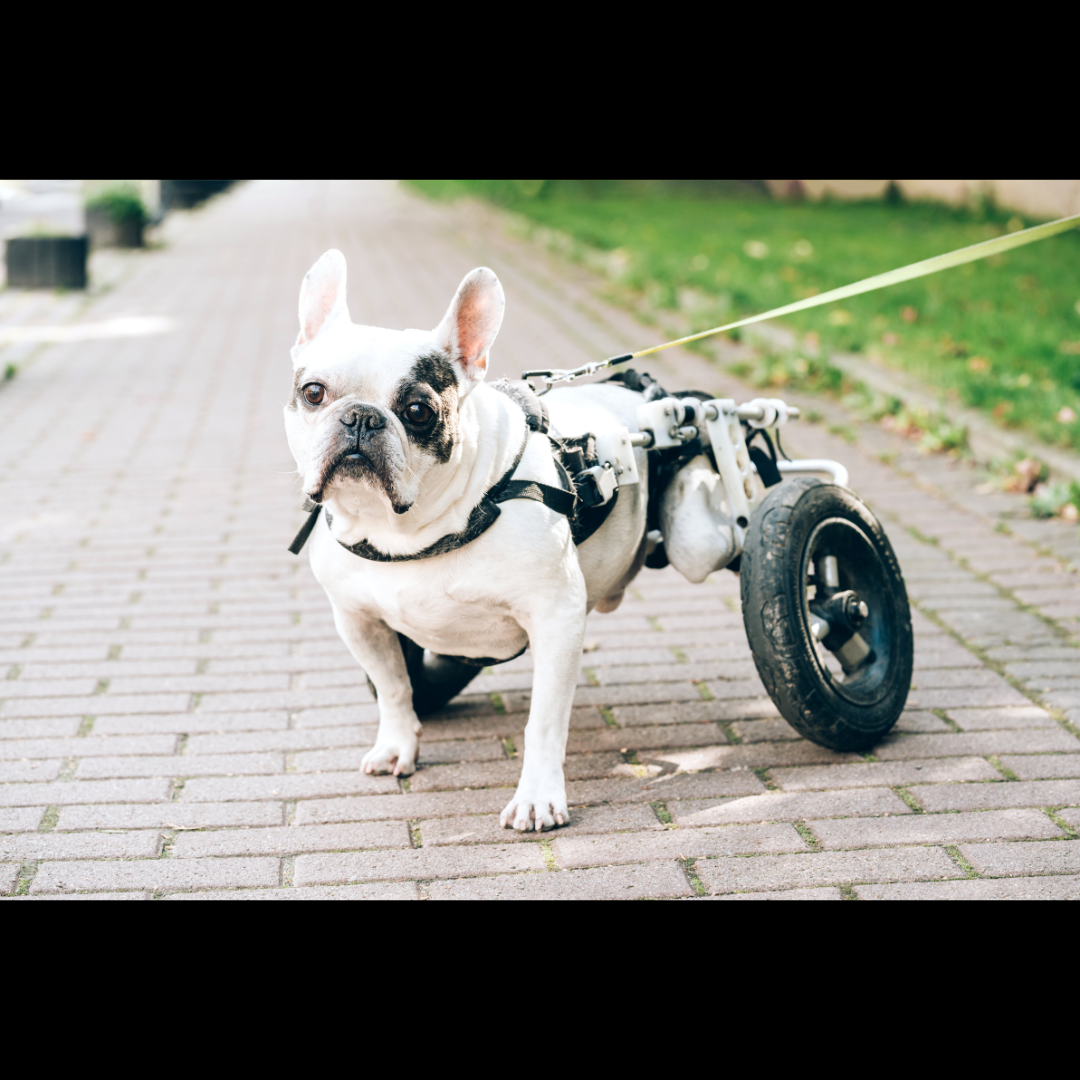
Dog Diarrhea: Symptoms, Causes, Effects, and Treatments
Dog diarrhea is a common condition that varies in frequency, duration, and intensity from dog to dog1.
It’s not a topic anyone likes to discuss, but if you own a dog, chances are you have found yourself cleaning up a smelly mess of dog diarrhea1.
Understanding the symptoms, causes, effects, and treatments of dog diarrhea can help limit the number of times your dog has an unpleasant episode of “the runs,” and reduce the duration of dog diarrhea when it happens1.
Symptoms
Diarrhea in dogs is characterized by the passage of non-formed, loose, or watery stool more often and in larger amounts than they would normally defecate2.
The symptoms of dog diarrhea include34:
- Unformed, watery stool
- Loss of appetite
- Lethargy
- Dehydration
- Abdominal pain
- Increased frequency of bowel movements
- Increased urgency to defecate, potentially leading to accidents
- Straining when defecating (don’t mistake this for constipation)
Causes
There are many reasons why a dog may develop loose stools.
The most common causes of dog diarrhea include51:
- Dietary Changes: Sudden changes in food or consuming spoiled food.
- Food Allergies: Allergic reactions to specific ingredients.
- Bacterial or Viral Infections: Ingesting harmful bacteria or viruses.
- Parasites: Internal parasites like worms or protozoa.
- Stress: Emotional stress or anxiety.
- Medications: Side effects of medications.
- Inflammatory Bowel Disease: Chronic conditions affecting the digestive tract.
- Toxic Substances: Ingestion of toxic plants, chemicals, or foreign objects.
- Infections: Bacterial, viral, or fungal infections.
- Other Health Issues: Underlying health conditions like pancreatitis or cancer.
- Dietary Indiscretion: Eating non-food items.
Effects
While diarrhea is potentially dangerous for any dog, it is especially concerning for puppies, senior dogs, and immunocompromised dogs as it can result in significant electrolyte imbalances and dehydration2.
Even a mild case can become serious if not treated early enough2.
Dogs can become dehydrated and develop electrolyte imbalances2.
Treatments
Treatment options for dogs with diarrhea include antidiarrheals and probiotics to restore gut balance3.
Dietary changes can involve a bland diet of boiled chicken or other lean meat with rice or a prescription diet formulated for gastrointestinal issues3.
Anti-diarrheal medication, prescription diets, and fluids may be prescribed if your dog is dehydrated6.
Anti-diarrheal agents, de-wormers, and/or probiotics may be prescribed7.
Conclusion
Understanding the symptoms, causes, effects, and treatments of dog diarrhea is crucial for every dog owner.
It helps in early detection and treatment, thereby ensuring the health and well-being of your furry friend.
Always consult your veterinarian when in doubt or if your dog’s condition worsens.
Remember, prevention is always better than cure. Regular vet check-ups, a balanced diet, and a clean environment can go a long way in preventing diarrhea and other health issues in dogs.
Love you canine companion more and show affection creatively.
Visit our shop for our awesome pet inspired graphic t-shirt collection wear it proudly and let the world know just how much your furry friend means to you.
FREE SHIPPING and use
PPS10 discount code for 10% off your first purchase.
Disclaimer: This article is intended for informational purposes only. It is not meant to substitute for medical advice or diagnosis provided by your veterinarian. If your dog shows symptoms, please consult your veterinarian immediately.



Leave a comment
This site is protected by hCaptcha and the hCaptcha Privacy Policy and Terms of Service apply.